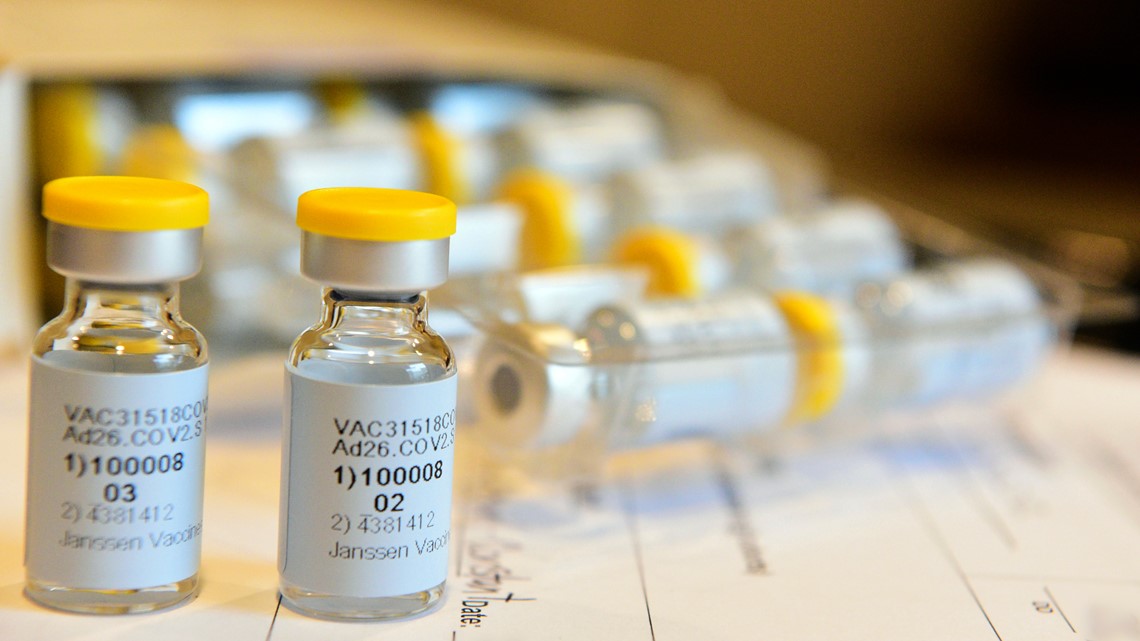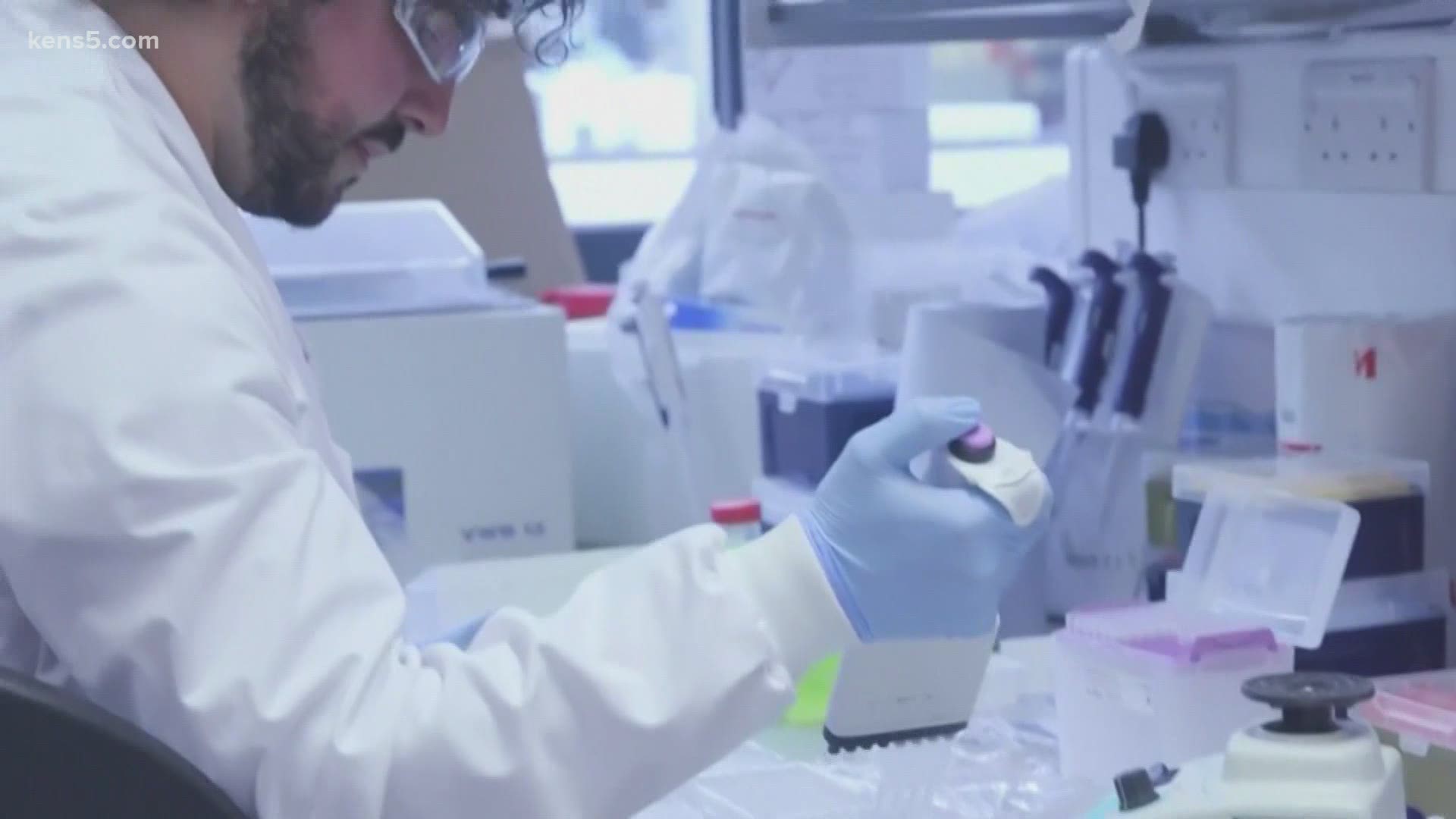WASHINGTON — What does emergency use of a COVID-19 vaccine mean?
It's when regulators allow shots to be given to certain people while studies of safety and effectiveness are ongoing.
Before any vaccine is permitted in the U.S., it must be reviewed by the Food and Drug Administration, which requires study in thousands of people. Normally, the process to approve a new vaccine can take about a decade. But the federal government is using various methods to dramatically speed up the process for COVID-19 vaccines.
During a health crisis, the FDA can loosen its normal scientific standards to allow emergency use of experimental drugs, devices, vaccines and other medical products. The first vaccines to get the provisional green light in the U.S. are almost certain to be made available under this process, known as emergency use authorization.
Instead of the usual requirement of “substantial evidence” of safety and effectiveness for approval, the FDA can allow products onto the market as long as their benefits are likely to outweigh their risks. It has already used its emergency powers to authorize hundreds of coronavirus tests and a handful of treatments during the pandemic.
But the agency has almost no experience granting emergency use for vaccines and has laid out extra standards it will use to make decisions on upcoming COVID-19 shots.
In October, FDA officials told vaccine makers they should have two months of safety follow-up from half of the people enrolled in their studies before requesting emergency authorization. That data is expected to be enough for FDA to allow vaccinations of certain high-risk groups, such as front-line health workers and nursing home residents.
Full approval of a vaccine will likely require six months of safety follow-up as well as extensive inspections of company manufacturing sites. The leading vaccine makers are not expected to complete that process until next spring or summer. Only then is the FDA expected to grant full approval, which would allow vaccinations of the general population.



